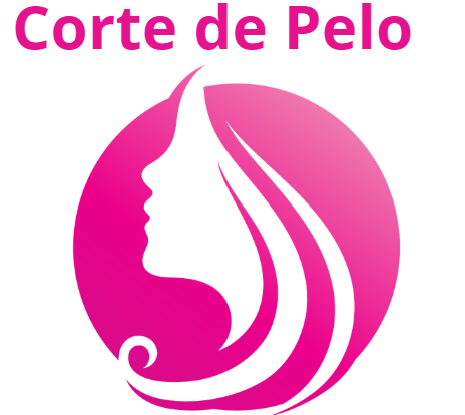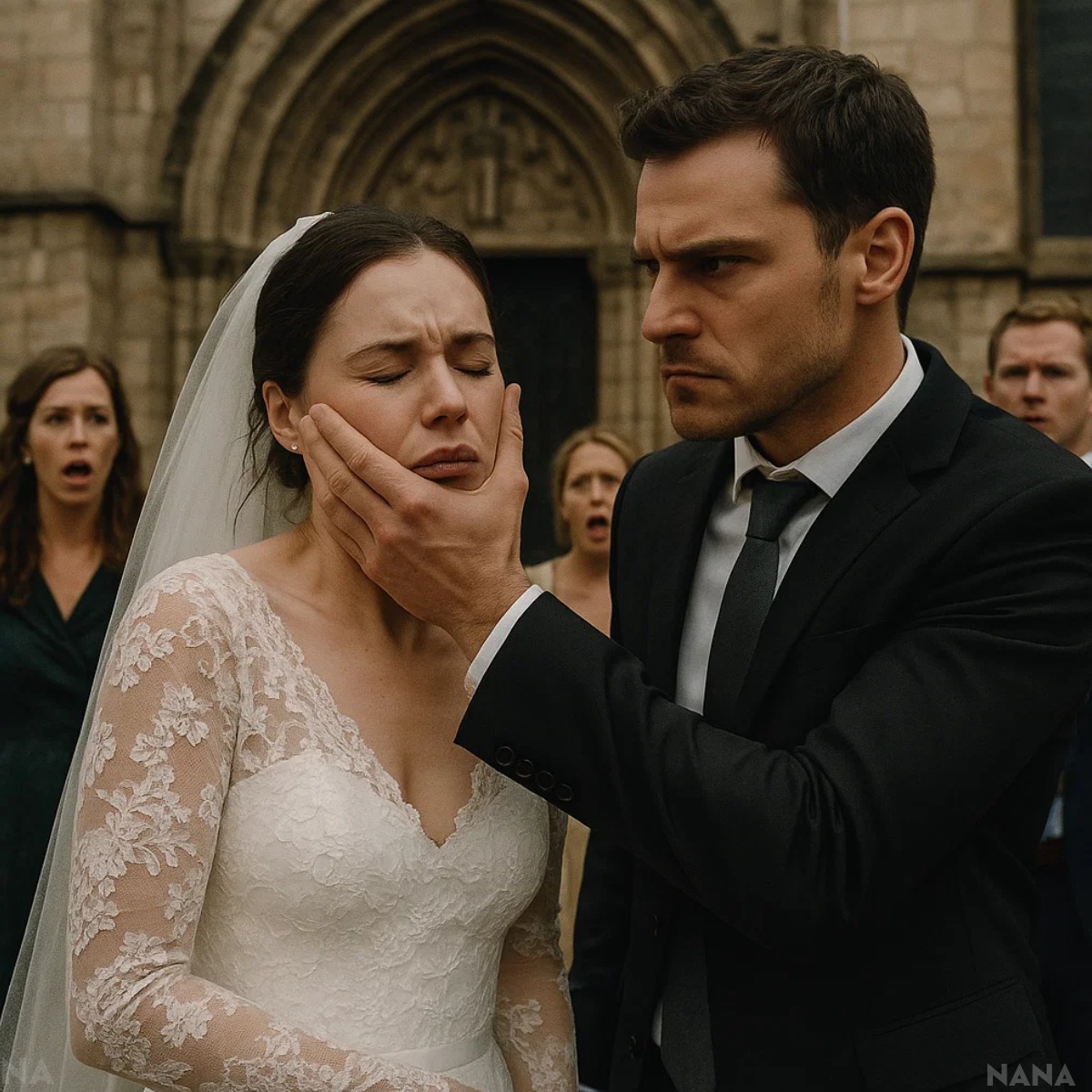When Don Hernando Fuentes, patriarch of the groom’s family, rose to deliver his toast, silence swept through the garden. Guests leaned forward, expecting blessings or words of legacy. Instead, the speech took a chilling turn.
His words, sharp and calculated, struck Verónica with the weight of cold iron. He spoke not of unity but of dominance—of how the Mendoza family should feel fortunate to step into a lineage of influence, how this marriage was not an alliance but an acquisition.
The room froze. Some guests exchanged uneasy glances; others sipped nervously at their glasses. For Verónica, the mask of celebration cracked.
And then, in front of four hundred witnesses, the unthinkable happened. The groom, overcome by pride or provoked by tension, acted in a way that shocked even his closest friends. What followed was not just a personal humiliation but a public fracture—a wound torn open for all to see.
The Bride’s Unexpected Response
Gasps echoed through the courtyard. Eyes widened, mouths fell open, and silence replaced the music. Yet instead of breaking, Verónica rose with an unshakable calm that seemed to come from somewhere beyond herself.
She did not weep. She did not retreat. Instead, she stepped forward, lifted her chin, and addressed the crowd.
What she said in that moment—delivered with clarity, dignity, and force—shifted the atmosphere entirely. Words became her weapon, and truth her shield. She revealed fragments of a story the Fuentes family had never wanted public: secrets about power, manipulation, and the quiet resilience she had carried for years.
Her speech was not shouted but spoken with a steady voice that carried across the courtyard. Each phrase landed like a stone in still water, rippling outward until no guest could deny the gravity of what they were witnessing.
By the time she finished, applause erupted—not for the dynasty, not for the spectacle of wealth, but for her courage.

